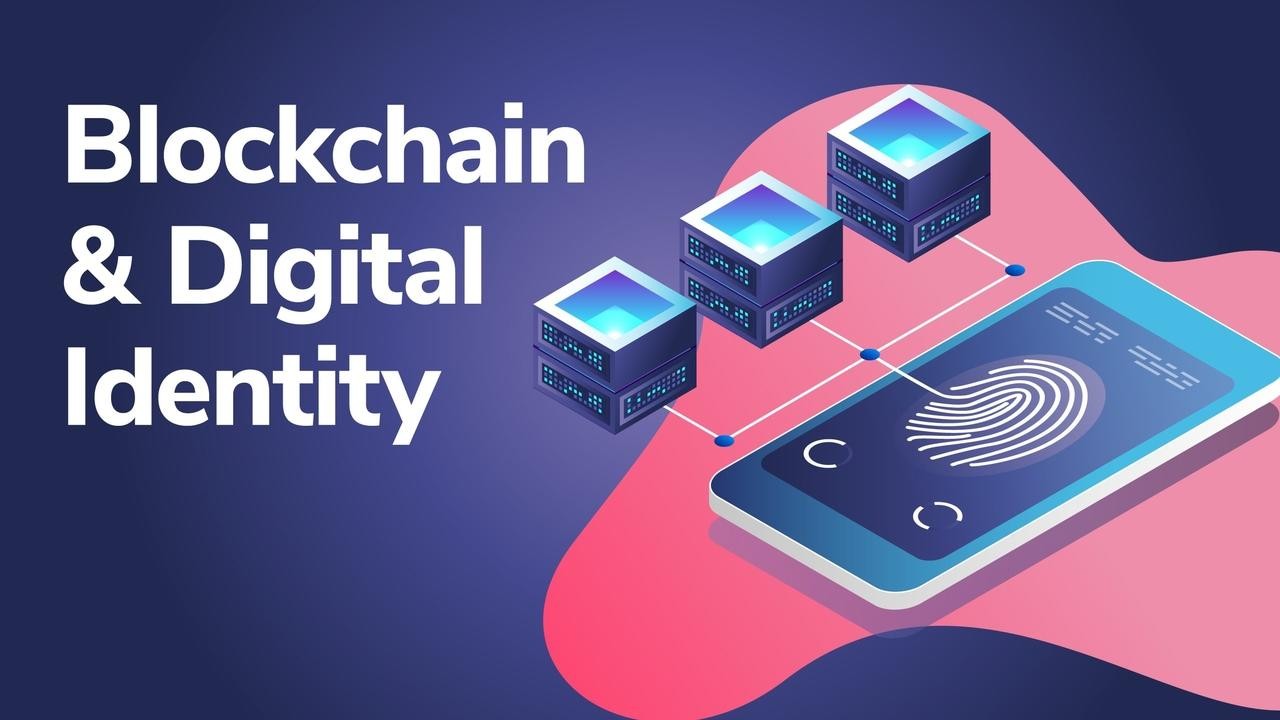Blockchain-based digital identities provide secure, decentralized means of verifying personal information in digital transactions. This innovative technology fosters trust, efficiency, and transparency in various industries such as finance, healthcare, and government services.
With a blockchain-based digital identity, users have control over their information, reducing the risk of identity theft and fraud. Leveraging cryptographic techniques, these digital identities offer a high level of security while enabling seamless verification processes. As blockchain continues to revolutionize the way data is managed and shared, digital identities play a crucial role in shaping the future of digital trust and security.
By harnessing the power of decentralized networks, blockchain-based digital identities pave the way for a more secure and reliable online ecosystem.

Credit: www.dock.io
Understanding Blockchain Technology
Blockchain technology is a groundbreaking innovation that has the potential to revolutionize digital identities. It operates as a decentralized and transparent digital ledger, enabling the secure and efficient management of digital identities. To fully grasp the significance of blockchain-based digital identities, we must first comprehend the fundamental concepts of blockchain technology.
What Is Blockchain?
Blockchain is a distributed ledger that records transactions across a network of computers. The data is stored in blocks, which are linked together in a chain using cryptographic hashes. Each block contains a timestamp and a link to the previous block, creating a secure and tamper-resistant record of transactions.
How Does Blockchain Ensure Security And Immutability?
- Cryptographic Hashing: Blockchain uses cryptographic hashing to secure the data within each block. This process generates a unique hash for each block, making it nearly impossible to alter the data without detection.
- Decentralization: The decentralized nature of blockchain ensures that no single entity has control over the entire network. This distributed architecture enhances security by eliminating single points of failure.
- Consensus Mechanisms: Blockchain networks rely on consensus mechanisms, such as proof of work or proof of stake, to validate transactions. This ensures that all parties agree on the integrity of the data, enhancing immutability.
- Transparency: Every transaction on the blockchain is transparent and visible to all participants. This transparency fosters trust and accountability, further bolstering the security and immutability of digital identities.

Credit: www.linkedin.com
Benefits Of Blockchain-based Digital Identities
Blockchain enhances security and privacy of digital identities, minimizing the risk of data breaches.
Personal information is encrypted and stored in a tamper-resistant manner, ensuring confidentiality.
Individuals have full control over their data without relying on centralized authorities.
Decentralization fosters transparency and reduces the chances of misuse of personal information.
Real-world Applications Of Blockchain-based Digital Identities
Blockchain-based digital identities offer innovative solutions to various sectors, enhancing security and privacy. Let’s explore how they are revolutionizing different industries.
Identity Verification In The Financial Sector
Blockchain enables secure and immutable identity verification in financial industries.
Public Services And E-governance
Blockchain-based digital identities streamline processes in public services and e-governance.
Challenges And Roadblocks
Blockchain-Based Digital Identities have the potential to revolutionize the way individuals manage and share their personal information securely. However, the development and implementation of this innovative technology are not without challenges and roadblocks. Addressing these hurdles is essential for the widespread adoption of blockchain-based digital identities.
Interoperability And Standardization
One of the primary challenges in implementing blockchain-based digital identities is achieving interoperability and standardization across different platforms and systems. As blockchain technology continues to evolve, the lack of universally accepted standards and protocols hampers seamless integration and data exchange between diverse identity management solutions.
Legal And Regulatory Considerations
The legal and regulatory landscape presents significant obstacles to the widespread adoption of blockchain-based digital identities. Ambiguous or restrictive regulations, varying across jurisdictions, hinder the development of a cohesive framework for identity management on the blockchain. Organizations must navigate complex legal requirements and compliance standards to ensure the legitimacy and acceptance of digital identities.

Credit: fastercapital.com
Conclusion
In the realm of digital identities, blockchain technology holds immense promise for secure and decentralized verification. By offering a transparent and tamper-proof system, blockchain-based digital identities have the potential to revolutionize the way individuals manage personal data. As this technology continues to evolve, it is poised to redefine the concept of identity in the digital age.




